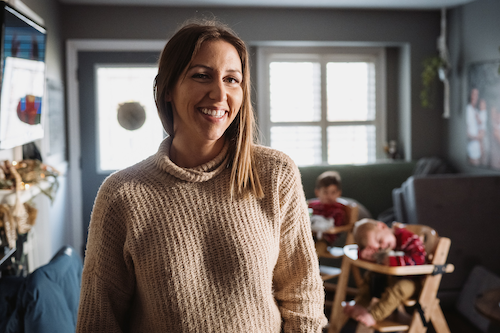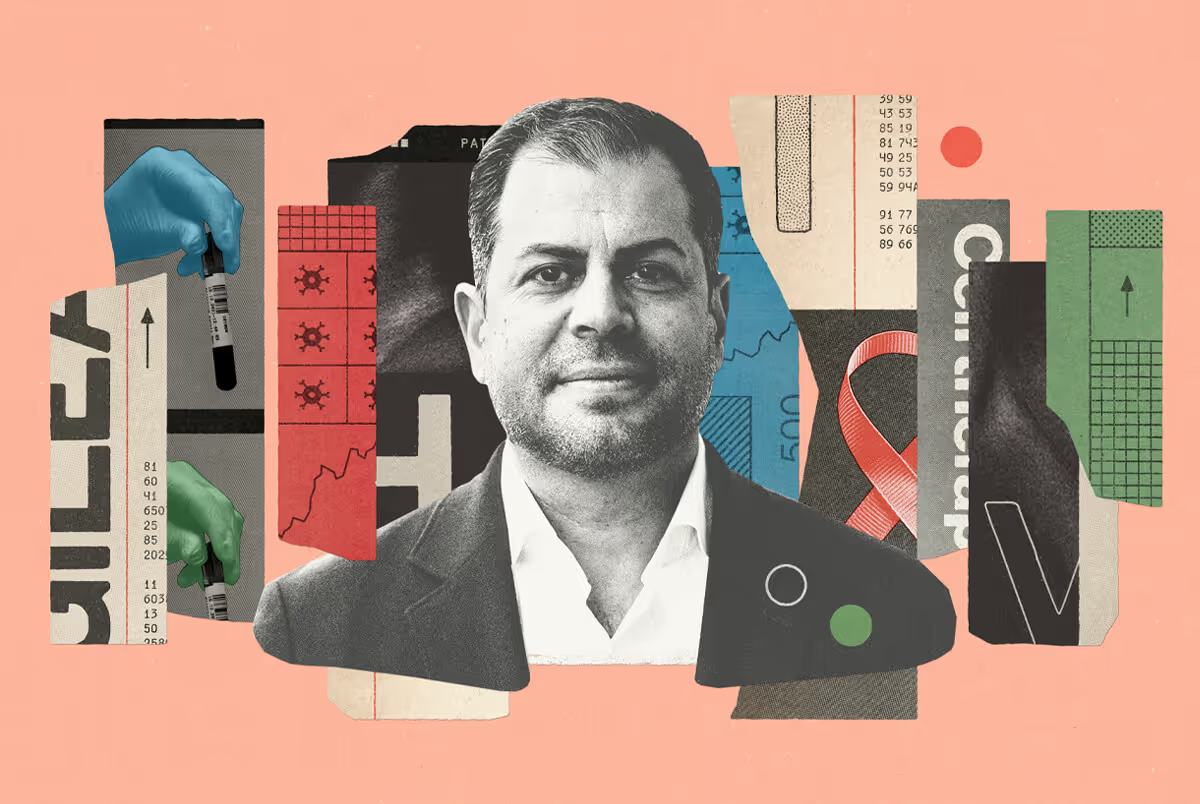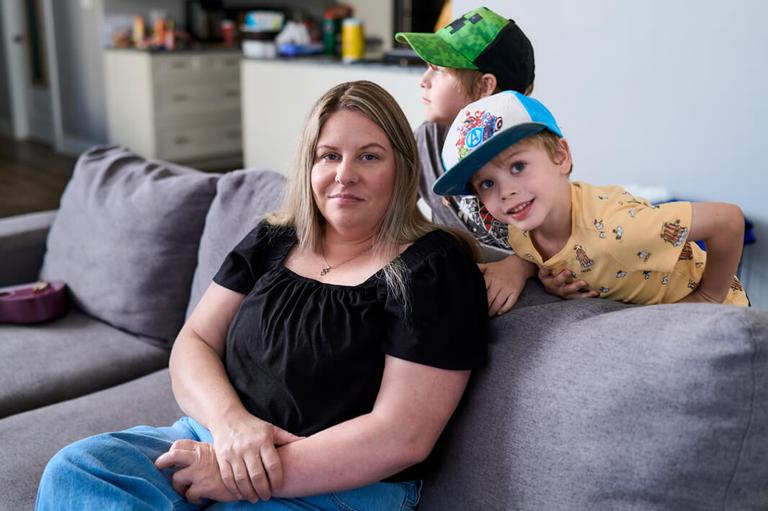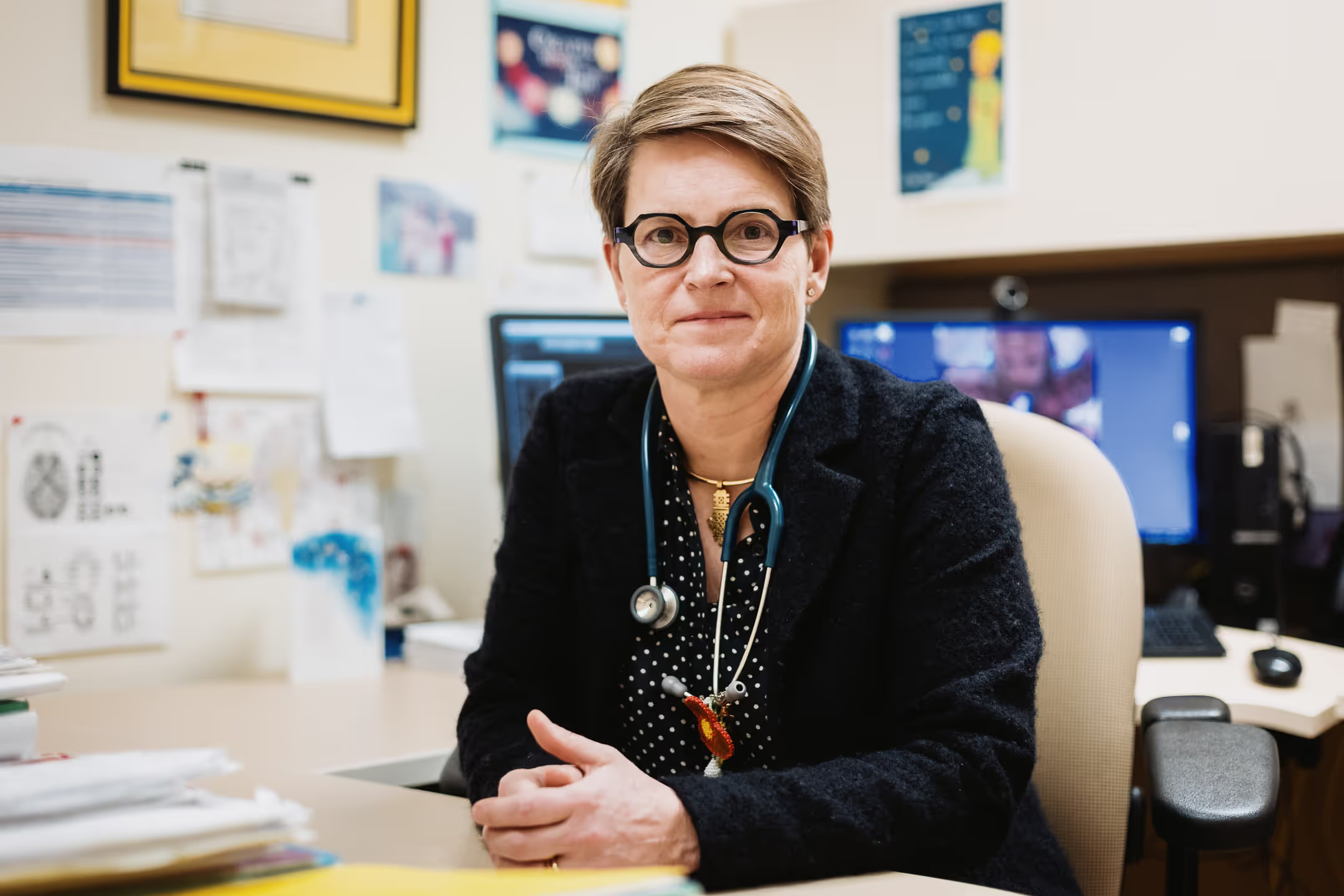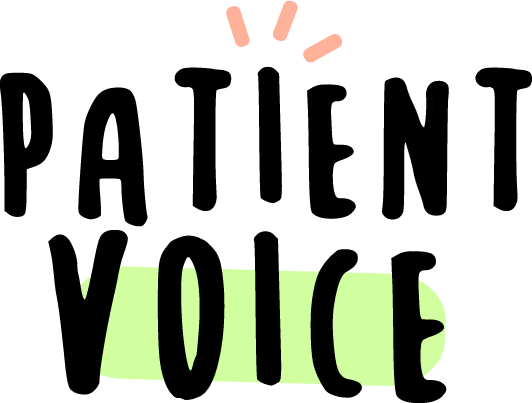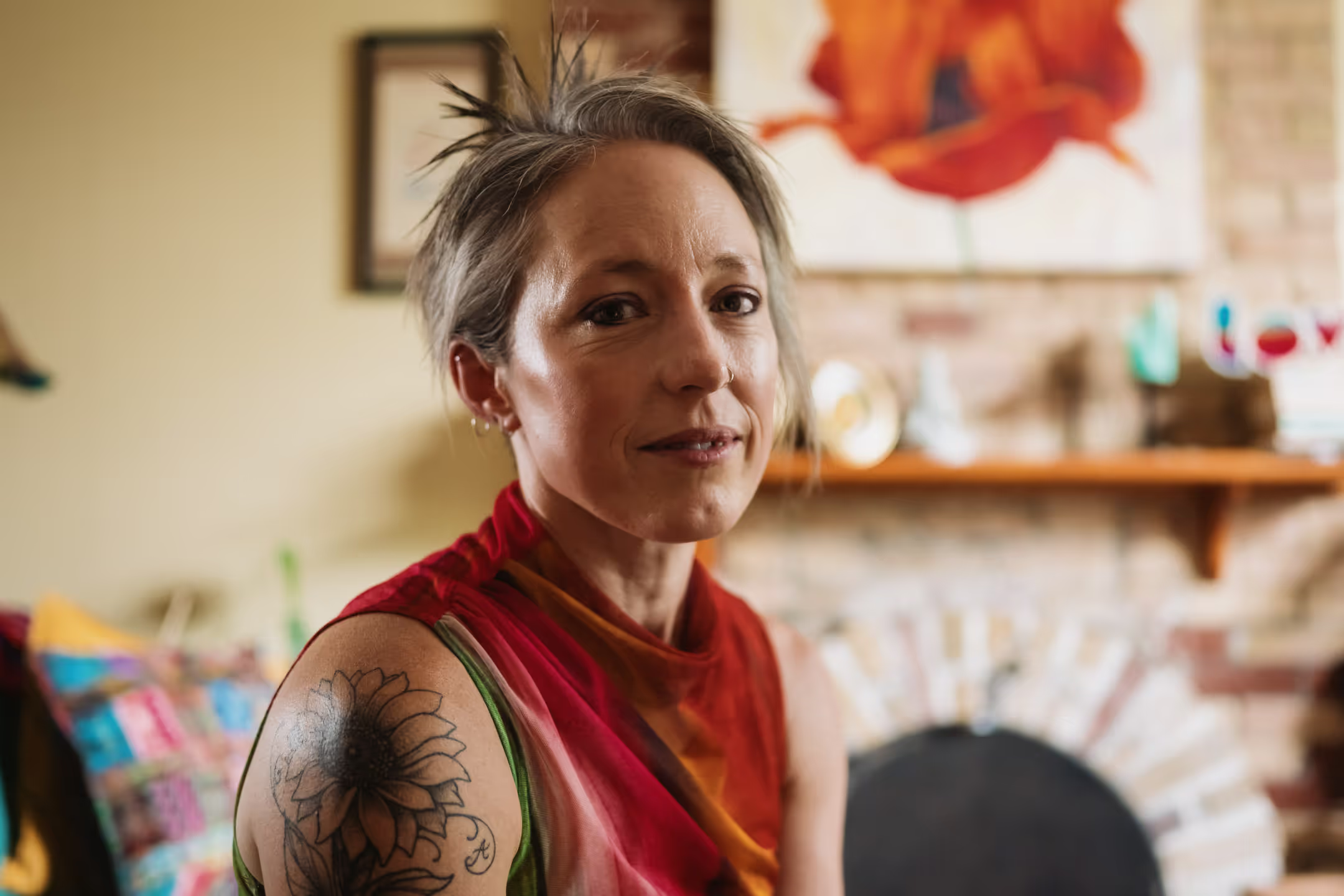
Lisa Machado | @iamlisamachado
“I’ve decided that I’m not going to take my medication anymore. I hope you understand."
This was a note from a man in his late forties that I used to know. When he wrote this letter, he had been living with chronic myeloid leukemia (CML), a rare blood cancer, for almost nine years. Eight of those had been what he described as “a nightmare of side effects” that were ruining his ability to live.
He talked about his gratitude for the life-saving medication that had kept him alive during this time and acknowledged that he was very aware that by not taking it, he was making the decision to end his life. Still, he was satisfied with the time he had had, he wrote. He had met his grandchildren, gotten a dog, and met some nice people through cancer support groups, people he now called friends. But it wasn’t enough to want to be here, he wrote.
He went on to explain that, even with experimenting with dosing and different treatments, the daily vomiting, nausea, stomach pain, and fatigue, along with the deep depression, that all of this had brought on persisted through the years and meant that he was forced to leave a job he loved, the side effects robbing him of the stamina and mental clarity he needed to get through each day. And disability coverage left him with barely enough to make ends meet each month. So, there he was, making the only choice he felt he had.

It wasn’t the first time someone with a serious illness and even more serious medications chose death over the life these treatments extended, and, sadly, it won’t be the last. Staying alive is important, but it’s not the only thing that matters.
Sound bananas? Perhaps if you’ve never had an illness that required medications that basically steal away all the reasons for getting out of bed each day. Let’s be honest, if the drug that keeps you alive also stops you from doing what makes you happy — say, walking your kids to school, travelling to dream destinations, or dancing until the wee hours with your sweetheart — things get real quickly and suddenly you find yourself thinking the unthinkable: is surviving actually worth it?
“Of course, giving patients their best shot at achieving some version of what they’d consider a life of quality and value isn’t only on health care providers, it’s also on patients.”
Certainly, part of the burden of this question lies with health care providers, who, most often focused on keeping people alive, don’t make room in the two minutes they have with patients to discuss their hopes, expectations, and preferences of treatments. Instead, they’re heads-down in the numbers, aiming high toward the best disease-oriented outcome possible. And that’s where we want them, for sure. Still, patients also deserve the opportunity to share how they hope it all turns out. Of course, living is important. But… what else?
It’s not a new thing, this whole idea that there’s so much more to survival than just breathing. Advocates in the cancer community have been having these discussions for a long time, especially as more innovative therapies make it possible for people to live with cancers that once upon a time were undeniable killers. (Check out two recent pieces of research here and here that look at the importance of patient preferences when it comes to treatment.) And with people living longer also comes the challenge of how to make it so they can enjoy that gift as much as possible.
But how do we get there?
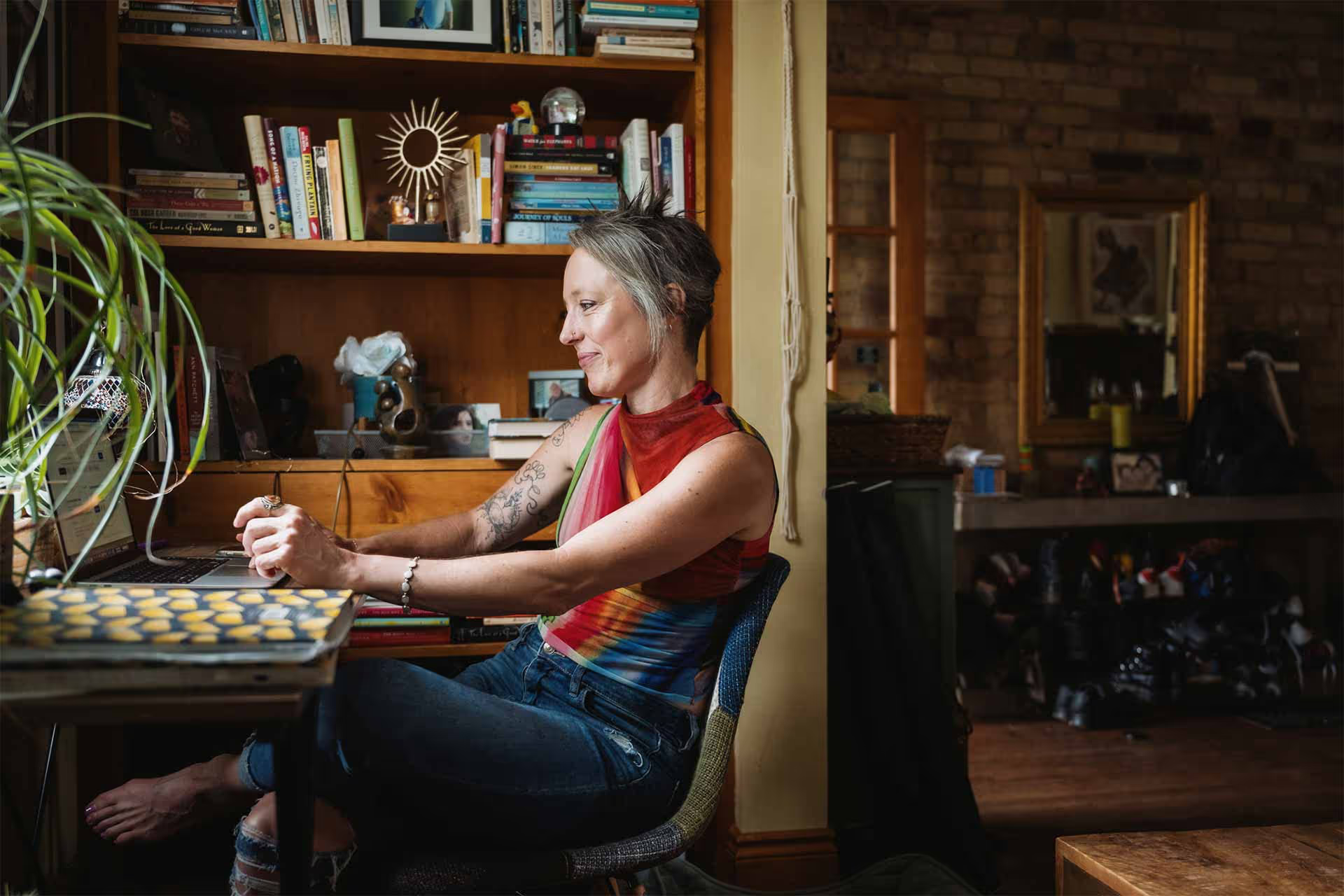
Of course, giving patients their best shot at achieving some version of what they’d consider a life of quality and value isn’t only on health care providers, it’s also on patients.
This means getting educated about your disease and the treatment options, and understanding side effects. It also means finding your voice — and this can be both difficult and awkward — so that you can have frank, direct conversations with your health care provider about your goals and expectations. Talk about your life and what you love most about it and make a plan together for how it can continue as close to this as possible, in spite of treatment. This is your life, after all.
There’s no question that living a fulfilling life with cancer, or any other life-affecting disease, can be a monumental challenge, and we aren’t all going to be able to get there in the ways we hope for. But normalizing the dialogue around the value of quality of life in relation to survival and other outcomes is a good first step. Especially since everyone deserves a decent shot at living well, no matter what their disease is, or their prognosis.
Lisa Machado has been living with CML since 2008. She’s also the founder of the Canadian CML Network. Lisa can be reached at lisa.machado@outlook.com.
%20(1).jpg)
